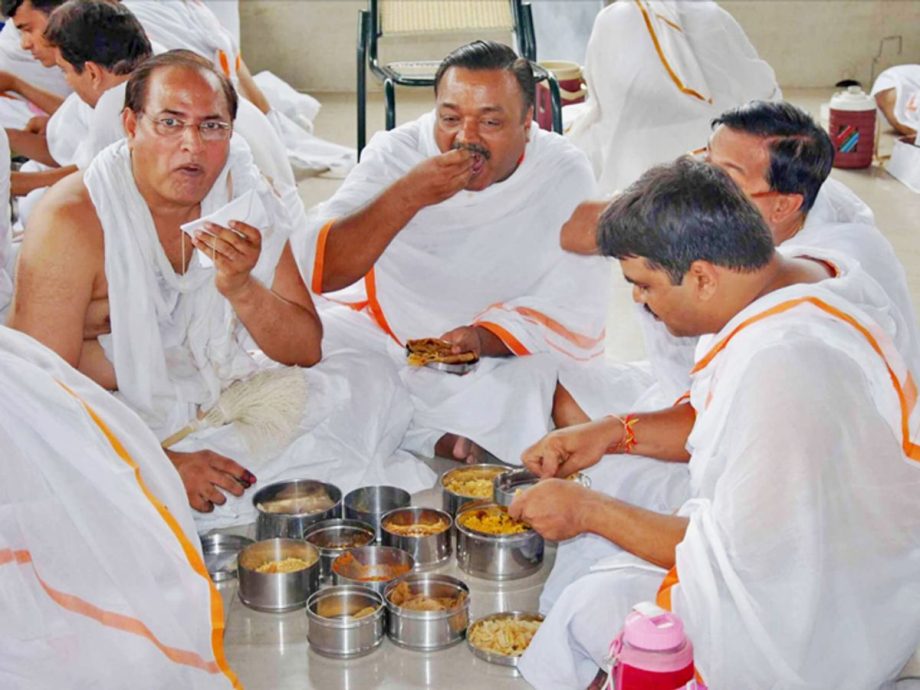Introduction
During Jain Chaturmas, many individuals face challenges adapting to strict dietary guidelines. This period emphasizes non-violence and spiritual growth, requiring significant changes in daily eating habits. Understanding these food restrictions is crucial for those aiming to align their lifestyle with Jain principles during this sacred time.
Understanding Jain Chaturmas
Jain Chaturmas is a four-month period observed during the monsoon season, starting on Ashadha Shukla Ekadashi and ending on Kartik Shukla Ekadashi. During this time, Jain monks and devotees focus on spiritual practices, including strict dietary regulations, to minimize harm to living beings and promote self-discipline.
Core Principles Behind Food Restrictions
The dietary rules during Chaturmas are rooted in the principle of Ahimsa (non-violence). By avoiding certain foods, Jains aim to prevent harm to microorganisms and uphold spiritual purity.
Foods to Avoid During Chaturmas
1. Root Vegetables
Root vegetables like potatoes, onions, garlic, carrots, and radishes are avoided because harvesting them involves uprooting the plant, leading to the destruction of numerous microorganisms in the soil.
2. Fermented Foods
Fermented items such as yogurt, certain cheeses, and foods containing yeast are restricted due to the presence of live bacteria, which contradicts the principle of non-violence.
3. Green Leafy Vegetables
During specific months of Chaturmas, green leafy vegetables are avoided to prevent consumption of insects that may reside on them, especially during the monsoon when insect activity increases.
4. Night Eating
Consuming food after sunset is discouraged as it increases the risk of ingesting small insects that are more active at night.
Acceptable Foods During Chaturmas
Despite the restrictions, there are various foods that are permissible:
- Grains and Pulses: Rice, wheat, lentils, and other non-split pulses.
- Non-Root Vegetables: Tomatoes, cucumbers, and gourds.
- Fruits: Most fruits are acceptable, provided they are fresh and free from insects.
- Dairy Products: Milk and its derivatives, excluding fermented items like yogurt.
Meal Timing and Preparation
Meals should be prepared and consumed during daylight hours to minimize harm to microorganisms. Food should be freshly cooked, and leftovers are generally avoided to prevent bacterial growth.
Spiritual Significance
Adhering to these dietary restrictions is not merely about physical discipline but also about spiritual purification. By controlling one’s diet, individuals aim to reduce desires and focus on spiritual growth.
FAQs
Q: Can I consume dairy products during Chaturmas?
A: Yes, dairy products like milk are allowed, but fermented items like yogurt should be avoided.
Q: Why are root vegetables avoided?
A: Harvesting root vegetables involves uprooting the plant, which can destroy numerous microorganisms, conflicting with the principle of non-violence.
Q: Is it necessary to avoid all green leafy vegetables?
A: During certain months of Chaturmas, green leafy vegetables are avoided to prevent the accidental consumption of insects.
Conclusion
Observing Jain Chaturmas dietary rules is a profound practice that aligns daily habits with spiritual goals. By understanding and adhering to these food restrictions, individuals can deepen their commitment to non-violence and spiritual growth.
